

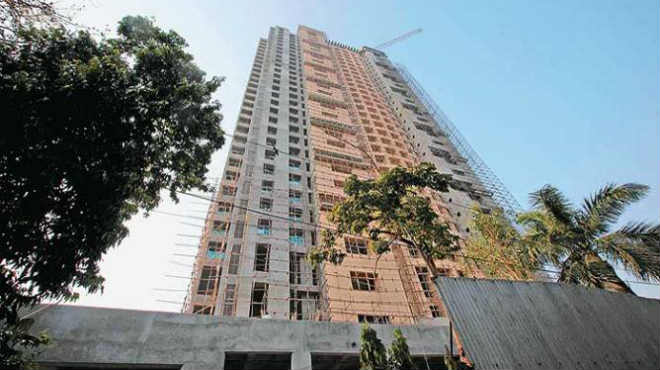
The Supreme Court has allowed the Adarsh housing society, at the center of a major scam in 2010, to withdraw around Rs one crore from its bank accounts for maintenance and litigation expenses. The CBI had frozen these accounts during their investigation, but the society argued that the funds were collected from members for legal costs. After hearing arguments from both sides, the court ruled in favor of the society and ordered the accounts to be defreezed. This decision could have an impact on the ongoing probe into the Adarsh scam, which had led to the resignation of the then chief minister of Maharashtra.
Adarsh Housing Society Scam: Supreme Court Allows Withdrawal of Frozen Funds
Background
The Adarsh Housing Society scam is a high-profile corruption scandal that emerged in 2010. The society, located in upscale Colaba in Mumbai, was originally intended for war widows and veterans of the Indian Army. However, it was later found that high-ranking officials, politicians, and bureaucrats had illegally allotted apartments in the society to themselves and their family members.
The scam sparked widespread outrage and led to the resignation of the then Chief Minister of Maharashtra, Ashok Chavan. The Central Bureau of Investigation (CBI) launched an investigation, which resulted in several arrests and chargesheets.
In 2015, the CBI froze the bank accounts of the Adarsh Housing Society in order to secure funds for potential compensation to victims.
Supreme Court Ruling
On August 30, 2023, the Supreme Court allowed the Adarsh Housing Society to withdraw around Rs 1 crore from its frozen bank accounts for maintenance and litigation expenses. The society had argued that these funds were collected from its members specifically for these purposes.
The CBI opposed the move, arguing that the funds were part of the ongoing investigation. However, the court ruled in favor of the society, stating that the release of funds would not hinder the probe.
Impact of the Ruling
The Supreme Court's decision could have a significant impact on the ongoing Adarsh scam investigation. The CBI may now face challenges in accessing funds that could be used to compensate victims or as evidence in the case.
The ruling has also raised concerns about the accountability and transparency of housing societies in India. Critics argue that the Adarsh scam exposed a systemic failure in regulations and oversight, allowing corrupt practices to thrive.
Top 5 FAQs and Answers
1. What is the Adarsh Housing Society scam?
It is a corruption scandal involving the illegal allotment of apartments in a society intended for war widows and veterans to high-ranking officials and their family members.
2. Who was involved in the scam?
High-ranking officials, politicians, and bureaucrats are alleged to have been involved.
3. What was the Supreme Court's ruling?
The court allowed the Adarsh Housing Society to withdraw Rs 1 crore from its frozen bank accounts for maintenance and litigation expenses.
4. What is the impact of the ruling?
It could hinder the CBI's investigation and raise concerns about accountability in housing societies.
5. What are the next steps in the case?
The CBI will continue its investigation, and the Adarsh Housing Society will face legal proceedings for its alleged role in the scam.

In his speech during the ongoing Budget session, Prime Minister Narendra Modi commended the efforts of Indian citizens in making the Maha Kumbh a successful event, citing its record-breaking attendance of 66 crore devotees. He also acknowledged the unity in diversity seen at the event, which reflected India's strength. However, the Congress criticized PM Modi for not addressing the stampede deaths that occurred during the Maha Kumbh.
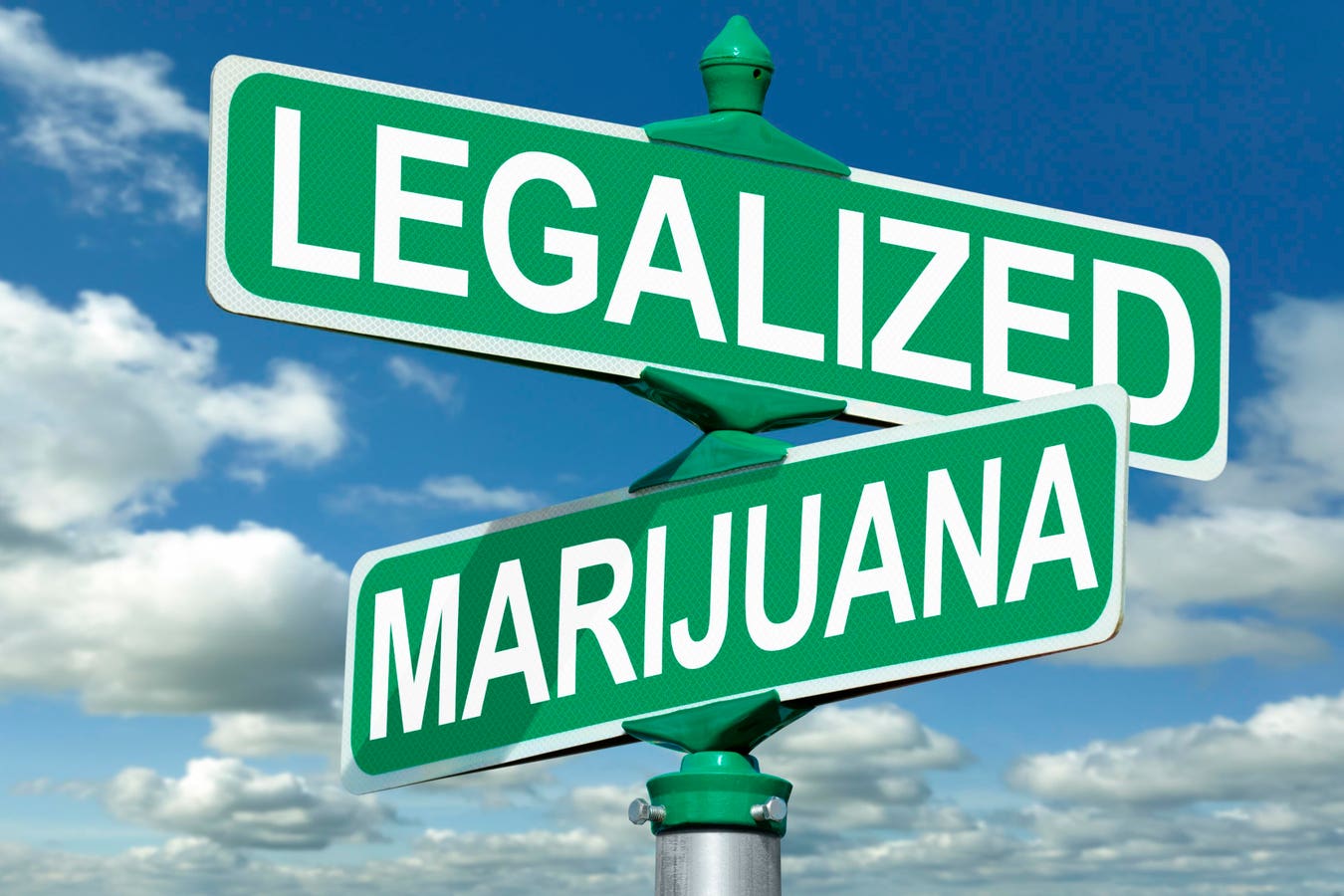
The New Hampshire Senate was unable to pass a bill that would have legalized home cultivation of cannabis for medical purposes, as the vote ended in a deadlock. Despite the growing demand for decriminalization, it seems unlikely that marijuana will be legalized this session, with the governor strongly opposed to changing the current laws. While some senators argued that patients should have access to homegrown cannabis, others raised concerns about potential risks and abuse. The issue is likely to come up again in future sessions as the call for legalization continues to grow.
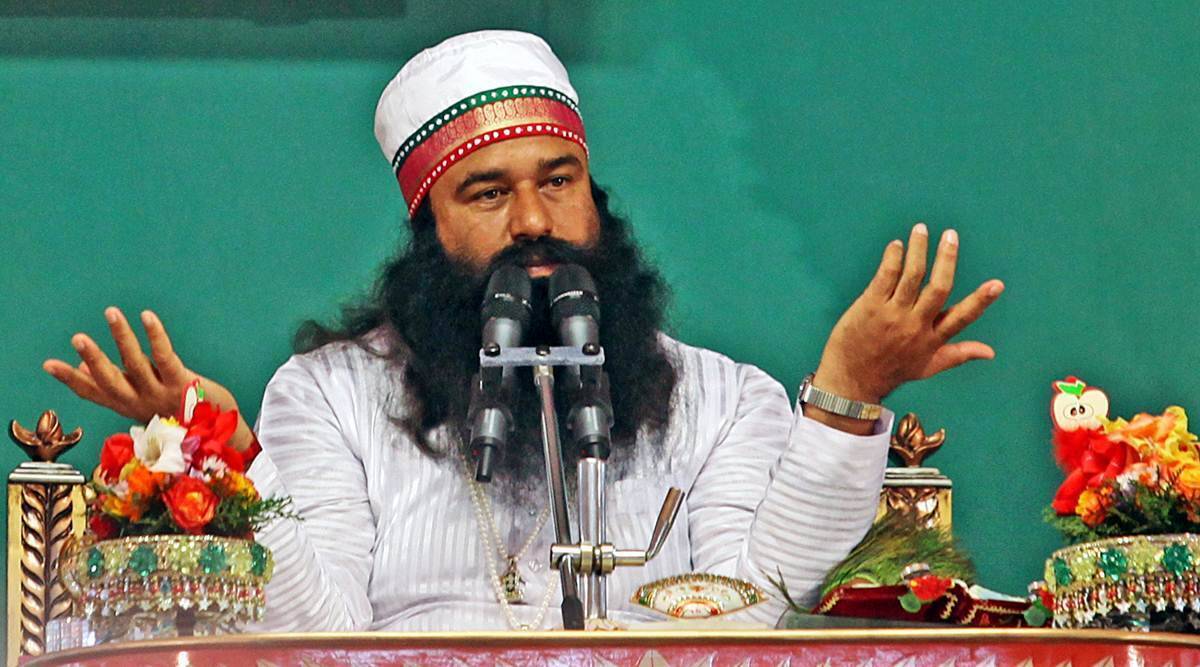
Gurmeet Ram Rahim Singh, who is currently serving a 20-year jail term for rape, has been granted a 21-day furlough by the Haryana government. This decision has sparked outrage from the families of his victims, as Singh has a history of using his furloughs and paroles to influence elections in certain states where his followers hold significant power. Amidst the controversy, cancer survivor Susana Demore urges people to be cautious of everyday products that may contain harmful chemicals, especially for those with cancer.
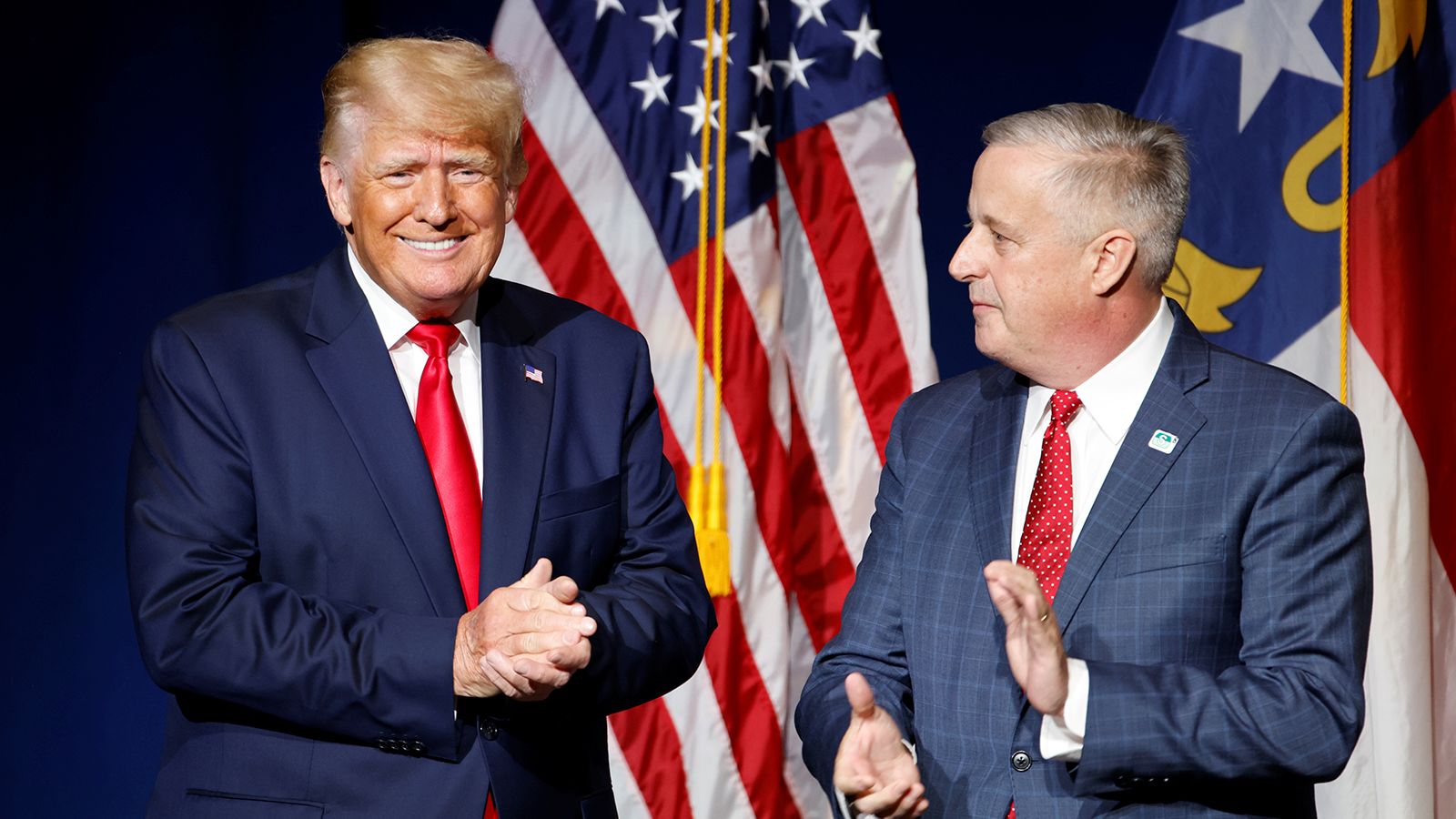
As President Donald Trump addresses a group of faith leaders at a recent prayer service and dinner, he reaffirms his commitment to preserving America's Christian values. In his speech, Trump touts his accomplishments in line with Christian beliefs and vows to never let the country's motto of "In God We Trust" be changed. He also takes a swipe at previous administrations for not standing up for persecuted Christians around the world, promising that things will be different under his leadership.
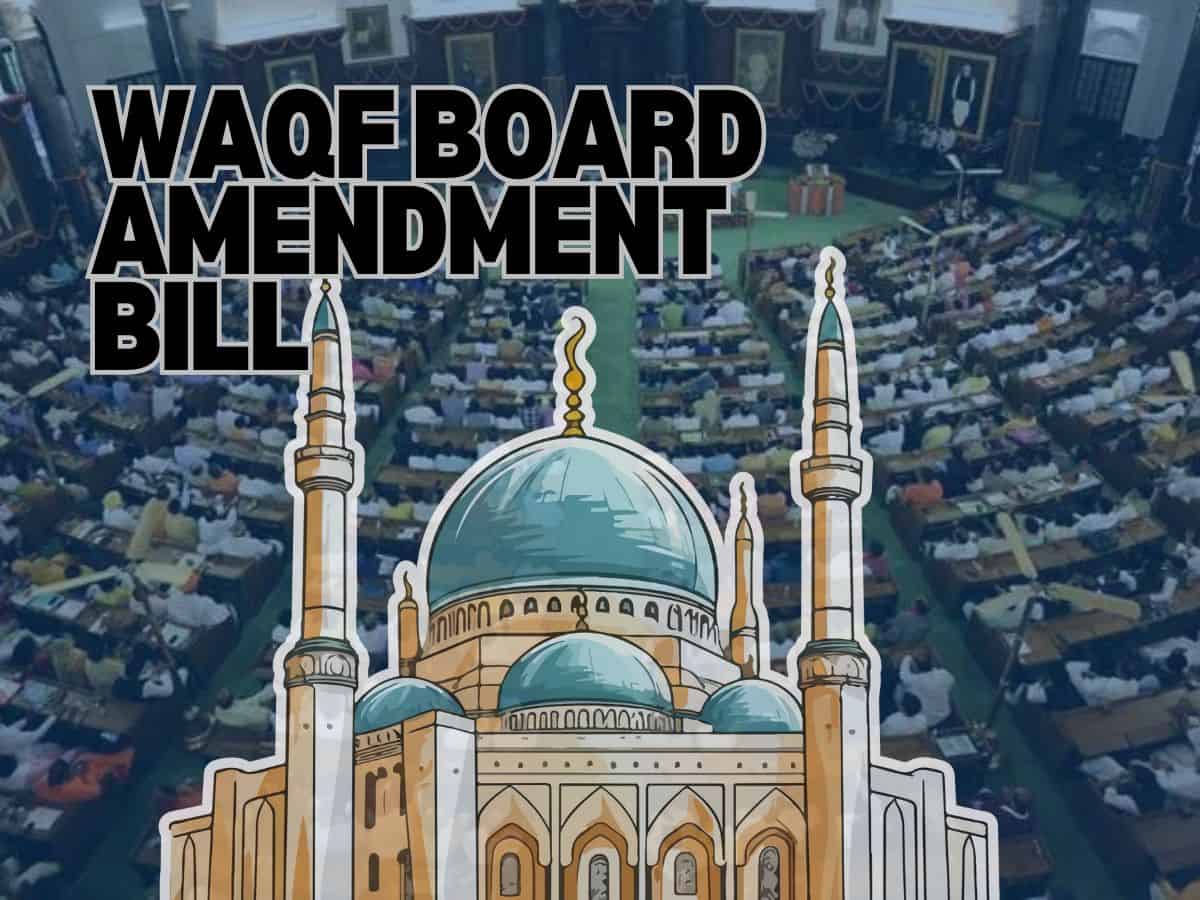
The Indian government has assured the Supreme Court that no appointments will be made to Waqf Boards and the Central Waqf Council until the next hearing on May 5. The court is currently considering the constitutionality of several aspects of the Waqf Act, 2025, including the inclusion of non-Muslims in Waqf Boards and the power of the Collector to change the status of disputed waqf lands. The Centre has requested a week to file an affidavit before the court passes an interim order, and the cases have been deferred to May 5.
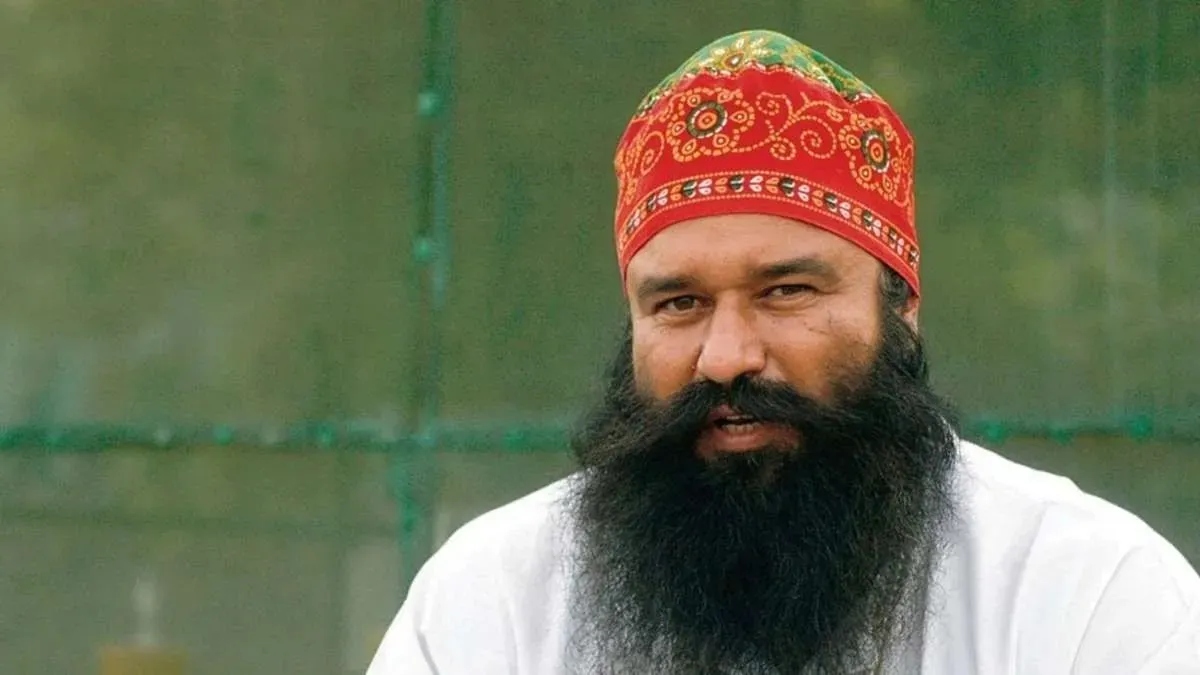
Dera Sacha Sauda chief and rape convict Gurmeet Ram Rahim Singh has been granted a 20-day parole ahead of the upcoming Haryana assembly elections, sparking controversy and backlash from political parties. This marks the 10th time in the past two years that the convicted leader has been granted parole for various reasons, raising questions about the motives behind his frequent releases from prison. The Supreme Court has also issued a notice in connection with a 2002 murder case involving the former Dera manager, adding to the ongoing legal battle surrounding Ram Rahim.
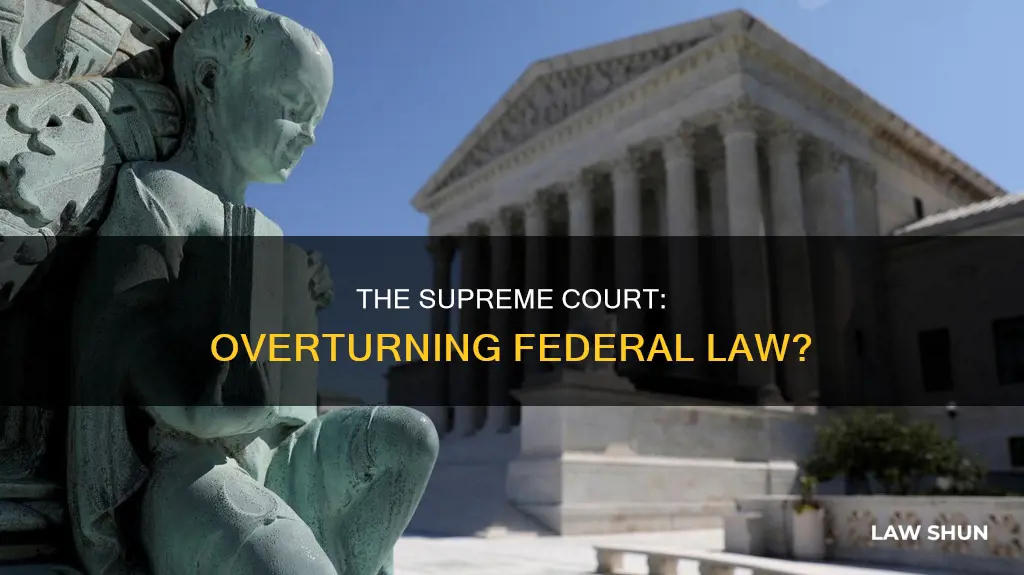
The recently passed Waqf (Amendment) Act, which addresses the management of religious properties, has sparked controversy and has been challenged in the Supreme Court. This raises the question of whether the Supreme Court has the power to overturn a law passed by the Parliament. This article explains the Supreme Court's authority and previous instances of it declaring laws unconstitutional.
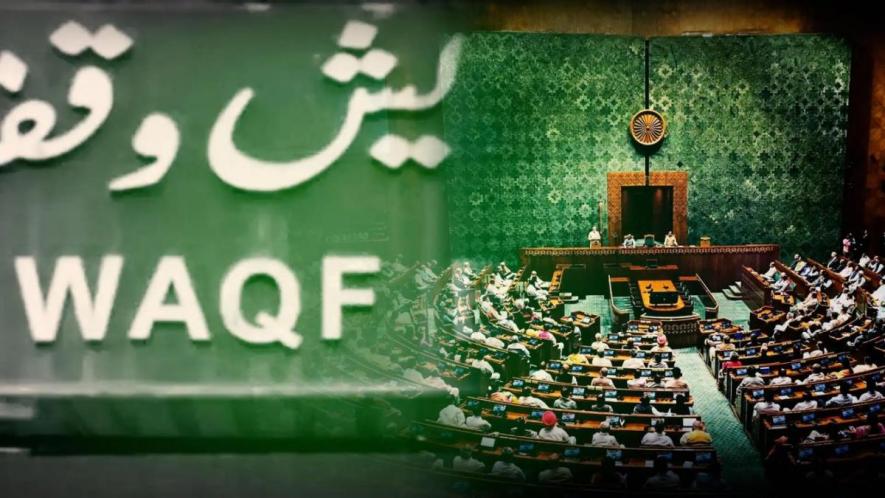
In a hearing regarding the constitutional validity of the Waqf (Amendment) Act, 2025, Chief Justice of India Sanjiv Khanna stated that the Supreme Court has recorded the Centre's assurance that no appointments will be made to Waqf Boards and Councils under the Act until the next hearing. The Court has directed that a nodal counsel be appointed to coordinate amongst all parties involved and that no Waqf property, including those declared by notification, will be altered by the Collector. The Centre has been ordered to provide a response within seven days and the petitioners have been given five days to respond.
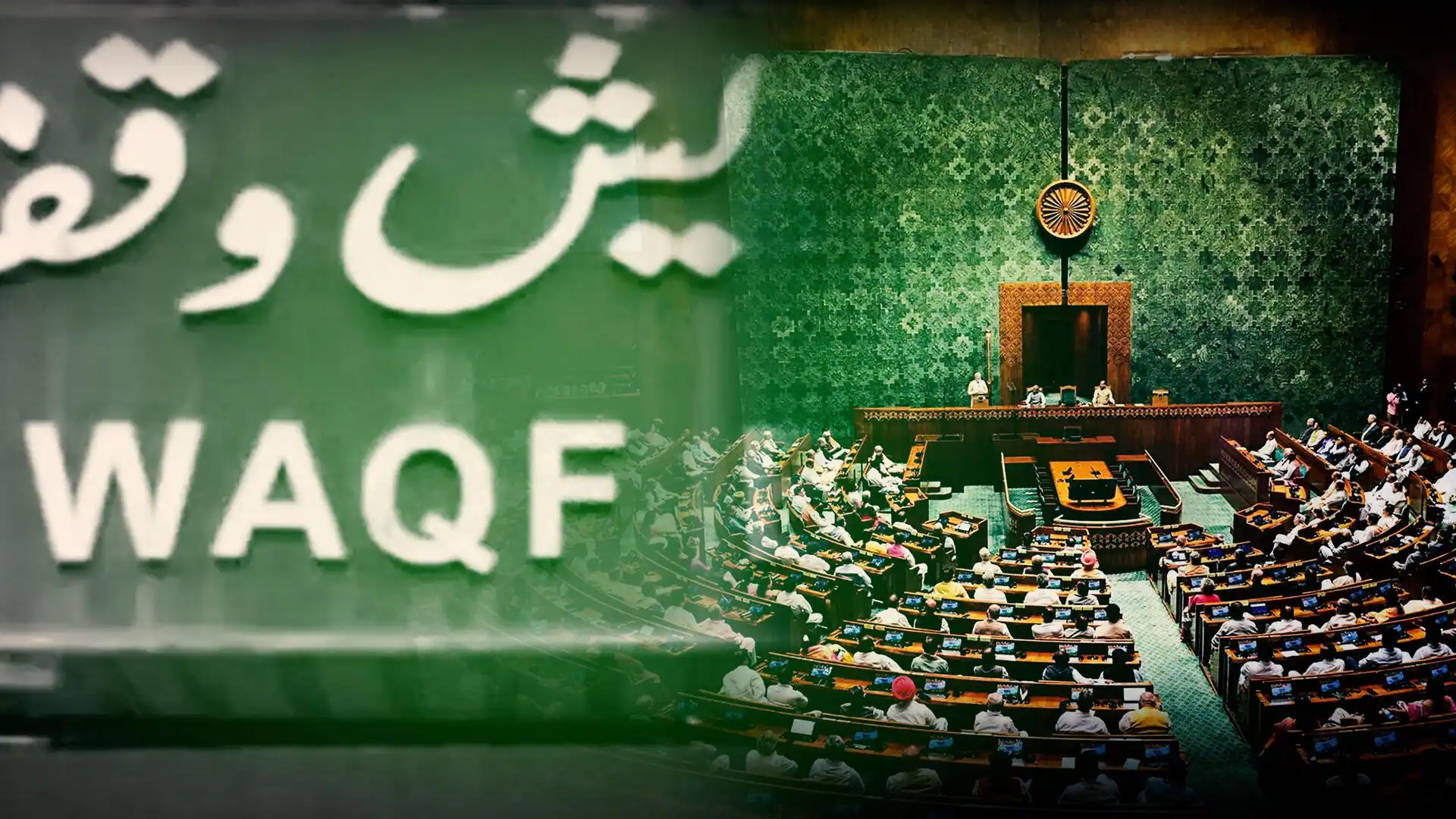
In a recent hearing, the Supreme Court has ordered protection of registered Waqf and announced that the Centre will have to respond within seven days to the petitions challenging the Waqf (Amendment) Act. This comes as the court continues to hear the petitions challenging the act, ensuring that Waqf, already registered or declared, will not be denotified or changed by the Collector until the next hearing. This decision has been met with both scrutiny and support from various political entities.
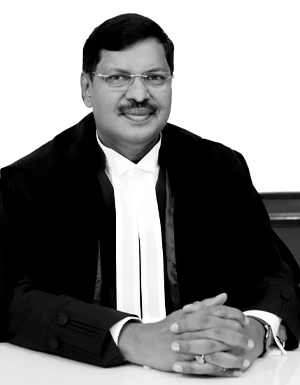
Justice Bhushan Gavai, a noted Supreme Court judge, has been recommended for the position of next Chief Justice of India by current CJI Sanjiv Khanna. Gavai is set to become the second Dalit to hold this prestigious position, after Justice KG Balakrishnan in 2007. With notable judgements such as the abrogation of Article 370 and being a native of Maharashtra, Gavai is poised to make a mark during his approximately six-month term as CJI before his retirement in November.